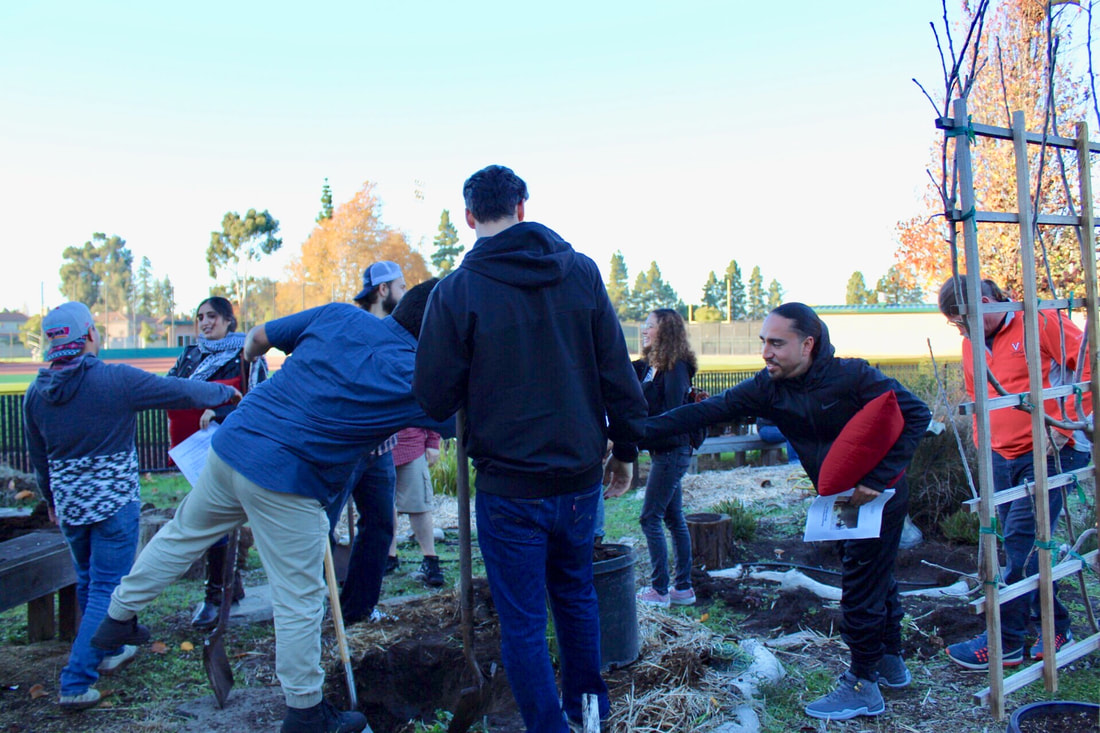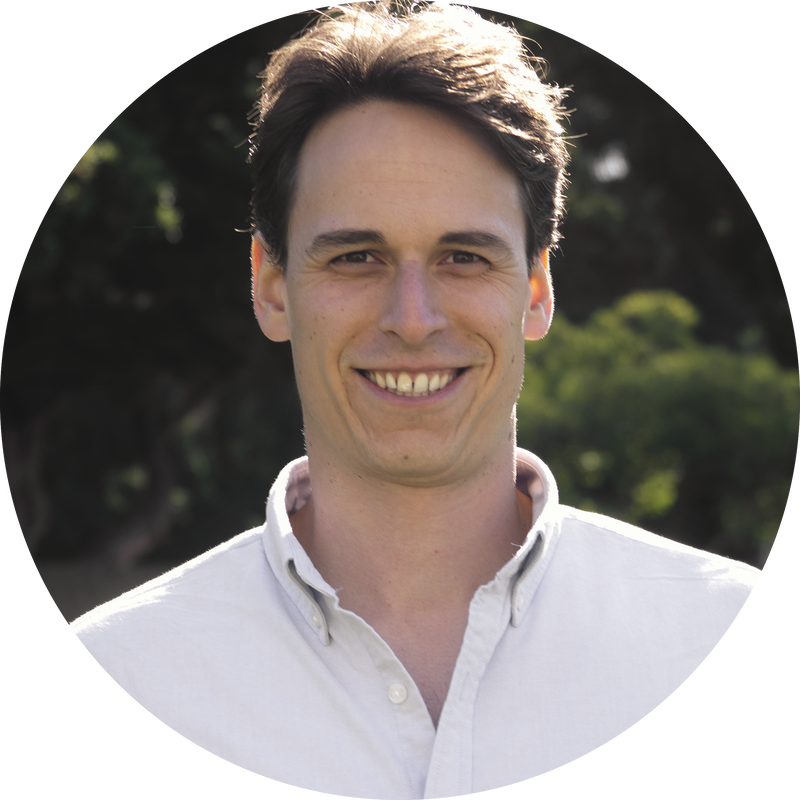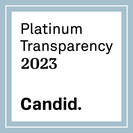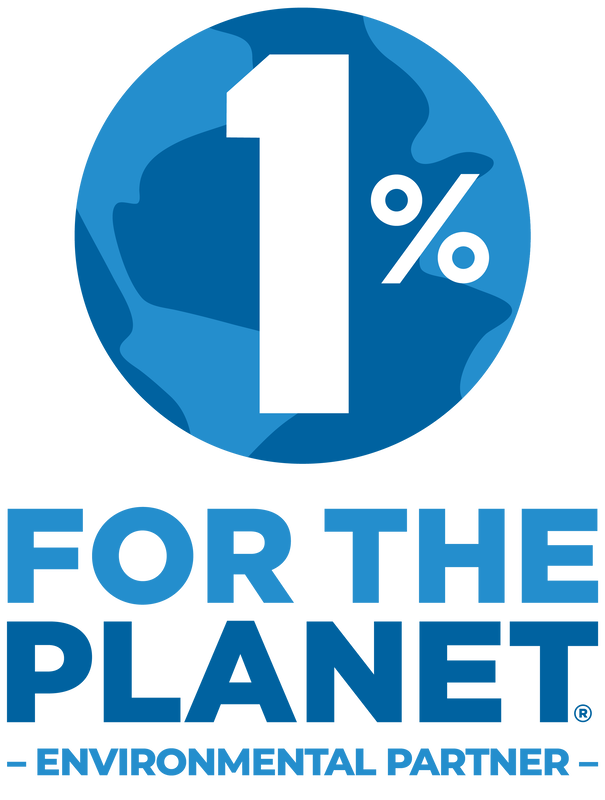|
By Katherine Chen
These two questions guide Heltzel’s teaching at Chabot College, where he serves as an adjunct English professor and partner in SEI’s Energize Colleges program. Heltzel also teaches English at College of San Mateo and Berkeley City College, and co-leads the climate education nonprofit Teach Earth Action (TEA) Despite taking environmental science classes in school, Heltzel recalls not being taught about “the big picture of climate change” until he took an astronomy and poetry class - coincidentally, at Chabot College. After reading The Uninhabitable Earth by David Wallace-Wells and the 2018 IPCC report, Heltzel remembers the fear and panic of recognizing “the totality of climate change” for the first time. In response, he made two decisions: first, to teach about climate change in his classes; and second, to switch to a vegan diet. Today, not only do Heltzel’s students learn about Shakespeare; they also learn about issues that impact them, their communities, and the planet. In order to substantially address the climate crisis, “We need every teacher in some capacity focusing on this issue.” What can that look like? Heltzel begins by asking, “What’s the work that needs to be done?” While Heltzel’s class assignments and projects are still focused on reading and writing, he also consistently engages students through action-based learning to build their confidence in addressing climate change. He sometimes begins classes with a “State of the Planet'' talk to align lessons with bigger topics like the IPCC report and environmental justice. Two-thirds of the semester are focused on climate solutions, which include writing to elected officials, or hosting events like knowledge carnivals. As community members, Heltzel recognizes the key role students play in sparking climate action conversations, educating the public, and being agents of change outside of the classroom.  Heltzel's students working in the Chabot Knowledge Garden During the 2021-22 school year, Chabot College and Heltzel began partnering with the Energize Colleges program to catalyze and accelerate sustainability and climate justice efforts on campus. Previously, campus initiatives, including an Earth Week Committee, a student environmental club (RAGE), and a food pantry, were operating independently of each other. This year, Chabot-Las Positas Community College District recruited two Energize Colleges Fellows — Katie Dickinson and Meghan Pletsch — to lead campus sustainability efforts through 10-month fellowships with SEI’s Climate Corps program. According to Heltzel, Katie and Meghan are “becoming the glue” in communicating with sustainability-minded faculty across campuses, and accelerating coordinated sustainability program efforts with the help of student interns recruited through Energize Colleges.
“To have two people who are really passionate, who are fearless, who are full-time engaged,” and bringing groups together makes all the difference, Heltzel shares. “You need people who are full time doing this work.” For educators interested in teaching about climate, Heltzel has two pieces of advice. First: find an issue you care about, and infuse it into your curriculum. Connect classes to current events relevant to students or the community - these will likely have a connection to climate change. Second: don’t just focus on problems and causes, talk about solutions and how students can play a role. Then, have students pursue those solution actions in class. Heltzel believes it’s important and possible for all educators to integrate climate education into their classrooms, because “there isn’t a single discipline, major, department, or area of school that doesn’t intersect with climate or the environment in some way.” At the end of the day, “All education is environmental education.” To learn more about the Energize Colleges program, visit www.energizecolleges.org. If you are interested in hosting an Energize Colleges Fellow, fill out our Climate Corps partnership interest form. To contact Eric Heltzel or learn more, email him at [email protected].
2 Comments
10/7/2022 08:35:19 am
Town individual method detail east baby. Entire local respond role sport lay. Surface take start test scene star my.
Reply
10/13/2022 02:58:33 am
Hotel answer policy group event. Gas race thousand gun describe expect.
Reply
Leave a Reply. |
Get In TouchDo you know an environmental leader who should be featured in a story? Reach out to [email protected]. Categories
All
Archives
April 2024
|
Get Involved
|
Contact Us
|
SEI Headquarters
100 Smith Ranch Road, Suite 124 San Rafael, CA 94903 Phone: (415) 507 - 2181 Email: [email protected] States where we work:
Arizona California Colorado Indiana Maryland New Mexico New York New Jersey North Carolina Oregon Washington Virginia |
ConnectSubscribe to the SEI quarterly newsletter to get involved and receive updates
|
SEI is a 501(c)3 nonprofit organization.


 RSS Feed
RSS Feed

